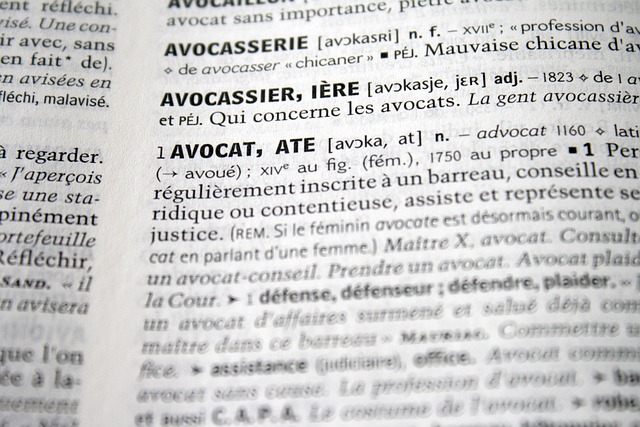Regulatory fraud laws protect consumers and investors from misleading business practices across sectors like finance, healthcare, environmental protection, and food safety. Their importance is underscored by historic famous class action lawsuits like Enron and Black v. Western Electric Company (1976), which have exposed white-collar crimes, spurred corporate governance reforms, and achieved significant restitution. These cases demonstrate the power of collective legal action to promote transparency, drive reform, and protect rights, while deterring fraud through stringent regulations and increased public trust.
Regulatory fraud laws play a pivotal role in safeguarding consumers and markets from deceitful practices. This article delves into the intricate world of these laws, offering a comprehensive understanding of their definition, scope, and real-world applications through famous class action lawsuits in history. By exploring these cases, we uncover the profound impact regulatory fraud legislation has in fostering trust, ensuring fairness, and compensating victims of fraudulent activities.
- Understanding Regulatory Fraud Laws: Definition and Scope
- Famous Class Action Lawsuits in History: Real-World Examples
- The Impact of Regulatory Fraud Laws: Protecting Consumers and Markets
Understanding Regulatory Fraud Laws: Definition and Scope

Regulatory fraud laws are designed to protect consumers and investors from deceptive practices by businesses and corporations. These laws cover a wide range of activities, including false statements, misrepresentations, and omissions that intentionally mislead regulatory bodies or the public. The scope of these regulations extends to various industries, from finance and healthcare to environmental protection and food safety. Understanding what constitutes fraud is crucial for both regulators and businesses, as it involves complex legal interpretations and can lead to significant penalties, including substantial fines and winning challenging defense verdicts.
Famous class action lawsuits in history have often shed light on regulatory fraud, such as the Enron scandal that exposed white-collar crimes and led to groundbreaking changes in corporate governance. These high-profile cases not only achieve extraordinary results in terms of financial restitution but also set precedents for future legal strategies and regulations. By holding wrongdoers accountable, these laws serve as a deterrent, ensuring businesses operate with integrity and transparency.
Famous Class Action Lawsuits in History: Real-World Examples

In the annals of legal history, famous class action lawsuits have played pivotal roles in shaping corporate responsibility and protecting consumer rights. One notable example is Black v. Western Electric Company (1976), where a class-action suit revealed a pattern of discrimination against women and minorities in hiring practices, leading to significant changes in the company’s policies and practices. This case set a precedent for holding large corporations accountable for systemic injustices.
Another prominent instance is In re American Medical Systems, Inc. (2018), where thousands of women filed a class-action lawsuit against a medical device manufacturer for concealing the risks associated with their products. This litigation not only resulted in substantial monetary compensation for the victims but also prompted the company to undergo a complete overhaul of its safety regulations and marketing strategies, benefiting patients across the globe at all stages of the investigative and enforcement process. These famous class action lawsuits illustrate the power of collective legal action, fostering transparency and reform within philanthropic and political communities alike.
The Impact of Regulatory Fraud Laws: Protecting Consumers and Markets

Regulatory fraud laws play a pivotal role in safeguarding consumers and maintaining market integrity. These laws are designed to deter individuals and organizations from engaging in deceptive practices, ensuring fairness and transparency in economic transactions. By holding perpetrators accountable, regulatory bodies aim to protect investors, businesses, and everyday consumers from significant financial losses and harm to their interests.
One notable example of the impact of these laws is seen in famous class action lawsuits throughout history. These legal battles have led to achieving extraordinary results, particularly in cases involving white-collar and economic crimes. Successful prosecutions not only provide compensation for victims but also serve as a powerful deterrent, sending a clear message that fraud will not be tolerated. The aftermath often results in stricter regulations, enhanced corporate governance, and increased public trust, demonstrating the crucial role of regulatory fraud laws in shaping ethical business practices.
Regulatory fraud laws are indispensable tools for safeguarding consumers and market integrity. By understanding these laws and leveraging famous class action lawsuits as real-world examples, we can appreciate their profound impact on holding accountable those who engage in deceptive practices. These legal frameworks not only protect individuals but also foster trust and transparency, ensuring fair competition in today’s complex economic landscape.






